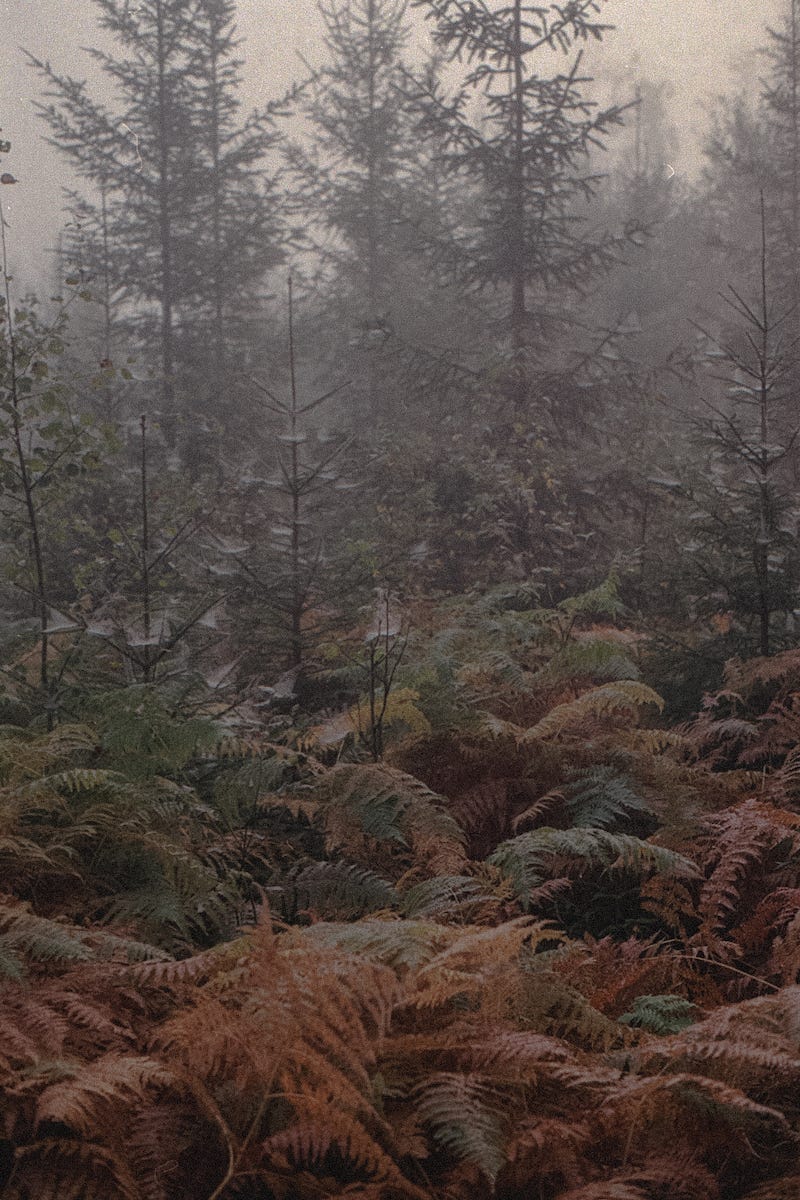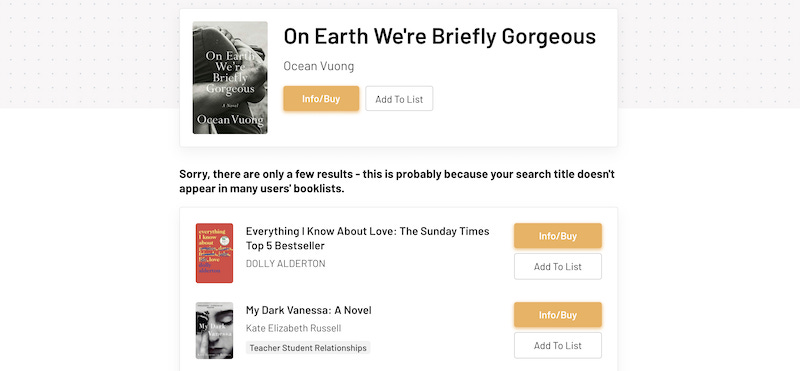Airplane Mode of Books and Bytes
Bring that book with you to the desert island. Use its pages as your corridor to another world where you realize the island you are stranded on is the Earth. This was already possible last century.
Another Sunday, Another Naive Weekly - Observations From The Internet Wilderness.

The deep pine forest shelters my mom's Swedish cabin from electricity and telephone cables. But it is no longer outside civilization. A few years ago I was climbing the hilltop behind the cabin to catch phone signal. Only in calm weather would I succeed. In stormy weather, the outer world was hidden away behind the long gravel road and the small forest tracks maintained by animals.
Now mobile internet covers the cabin. An invisible cloak that allows people to visit the cabin from anywhere in any weather. So to connect with each other, Ana and I last week continued our city behavior of putting our phones on airplane mode.
One afternoon I was reading in bed. The book took me to a small society in the forests between Poland and The Czech Republic. The author, Olga Tukarczuk is incredible at observing and describing life. Through her words, I was walking right beside her odd behaving characters, far from the Swedish cabin.
It is popular to focus on making the internet tangible. To explain how the internet runs through undersea cables, consumes electricity, and requires giant data center. A noble mission that helps demystify the cloud. Yet, while I love hugging trees, I don’t dream of hugging modems. Rather I dream of fascinating stories, dew heavy ferns, and websites without meaning luring me into other worlds.
VISUALLY PLEASING

READER INTERVIEW
Tina Ryoon Andersen’s threads are woven into many of the art and technology projects in Copenhagen. Like the field itself, Tina can be hard to pin into any pre-existing box. Instead she spirals through projects as initiator, supporter, creator, and curator. On day-to-day she works tirelessly at expanding the stories we tell with and about technology, as program developer at the Danish Engineer Association and co-initiator of Et_ting.
K: Who can write the future?
Tina: I think it is impossible to predict the future, but some science fiction writers may present ideas that influence and inspire certain developments that can be influenced in the future. If I had to ask someone to write the future, it might be an artist – someone with a certain sensibility, intuition and imagination.
K: What would be your fictional dream job title?
Tina: Maybe a healer. Because I think the world needs healing at the moment.
K: How do you think about time?
Tina: I actually think a lot about time. I would like to perceive time as cyclical rather than linear. And to me a linear perception of time is associated with deadlines, progress, development and growth. It stresses me out. I’d rather think of time as something repetitive and cyclical.
K: Where do you go to get lost?
Tina: I love getting lost. Mostly it happens in my own thoughts. Then I drive too far with the train, bus, bicycle and forget where I was heading. It can feel freeing — but also inconvenient at times.
K: What would you be doing if given financial stability and three months space?
Tina: I would find a small cabin in nature and nearby the ocean. I would bring with me a lot of books. And swim every morning.
K: What emotion is lost online?
Tina: I think a lot of emotions are lost online, and maybe this has also something to do with senses, and the fact that not all of them nor the body can be activated online. So I guess it is more difficult to activate emotions connected to smell, taste, touch and proprioception online.
K: What is your most frequently used emoji?
Tina: :)
ROADSIDE FLOWERS

Discover new words used by The New York Times.



Listen to the noise pollution of Brussels.

INTERNET STORIES
Player Two: An Interview with Everest Pipkin
I’m a big fan of Everest Pipkin; an internet artist, teacher and game developer. This interview is long, so if you are short on time I recommend you jump (crtl+f) to the middle section where Everest talks about the intimate internet and the bad landlord problem.
How Vaporwave Can Transform Your Life
Ramirez De Leon argues that Vaporwave is much more than a meme or a music genre; it is a life approach and design philosophy for the post-modern era. “Vaporwave is the place online where people can share memories about what was important to them, they can find out why those memories were important and how those memories can influence a better design philosophy for our future.”
I don’t understand how underpaid gig workers without any social security is a sign of progress. So next time you hear someone celebrate the ‘gig’ or ‘hustle economy’ please send them this post by Rob Horning. And fight for your right to not love your work.
INTERNETMEZZO: NOW PAGES

“Most websites have a link that says ‘about’. It goes to a page that tells you something about the background of this person or business. For short, people just call it an ‘about page’.
Most websites have a link that says ‘contact’. It goes to a page that tells you how to contact this person or business. For short, people just call it a ‘contact page’.
So a website with a link that says ‘now’ goes to a page that tells you what this person is focused on at this point in their life. For short, we call it a ‘now page’.”

Hi, I’m Kristoffer and you have just read Naive Weekly - Observations from the Internet Wilderness.
On the off chance you know about a (soon) available apartment in Copenhagen our little family would love to hear more. Our current small one bedroom flat is at max capacity and unsuited for another period of working from home.
Last week this newsletter was sent to 671 people. Thirty people are crazy enough to chip in every month/year to support me making time to write this newsletter: Nikolaj, Lars, Ditte, Jakob, Antal, Anders, Sascha, Cecilie, Søren, Dries, Tina, Gautier, Sarper, Maarten, Mystery, Joshua, Thomas, Mikkel, Aydo, Lukas, Hans, Vibe Johanne, Csongor, Dad, Ida Marie, Yinka, Stine, Troels, William & Angela!
Photograph by Ana Santl.
<3
Kristoffer

